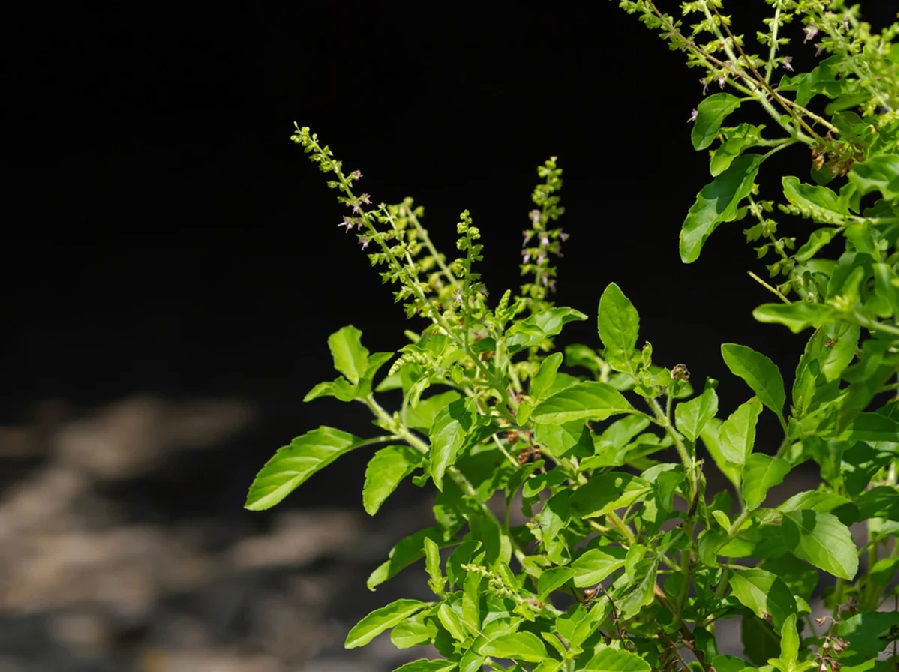Tulsi leaves are renowned for their medicinal benefits, aiding in the prevention and management of various health issues.

Tulsi, also known as holy basil, has been a part of our lives for generations. It holds a sacred place in Indian households and is highly esteemed in Ayurveda for its medicinal properties. Regularly consuming tulsi water, made by adding tulsi leaves to a glass of water, offers numerous health benefits. Tulsi water can enhance the immune system, boost antioxidant levels, and aid in digestion. According to the National Institutes of Health (NIH), tulsi helps protect organs and tissues from chemical stress and balances blood glucose, blood pressure, and lipid levels.
Tulsi also alleviates psychological stress, improving memory and cognitive function with its anxiolytic and anti-depressant properties. With increasing evidence supporting its medicinal value, here are the key benefits of consuming tulsi water:
Benefits of Tulsi Water
- Protects and Detoxifies: Tulsi aids the body’s internal detoxification processes and guards against toxin-induced damage. It may also inhibit the growth of precancerous and cancerous cells while helping to eliminate harmful compounds from the body.
- Boosts Immunity: Tulsi’s anti-bacterial, anti-viral, and anti-fungal properties help combat pathogens and enhance the body’s defenses against infections.
- Relieves Stress: Tulsi water can reduce toxic stress levels and promote relaxation. The herb’s psychological benefits include anti-depressant effects and improvements in memory and cognitive function.
- Improves Digestion: Known for its carminative properties, tulsi helps reduce gas and bloating. Drinking tulsi water on an empty stomach in the morning can soothe the digestive system and enhance digestion.
- Reduces Respiratory Disorders: Tulsi water can be beneficial for those with respiratory issues, such as colds and coughs, helping to alleviate symptoms and clear the lungs.
To prepare tulsi water, steep a few tulsi leaves in boiling water, let them soak, then strain and consume the liquid. Tulsi leaves can also be eaten raw.












